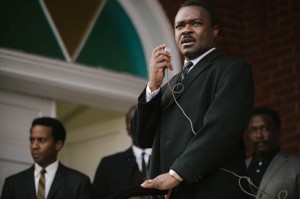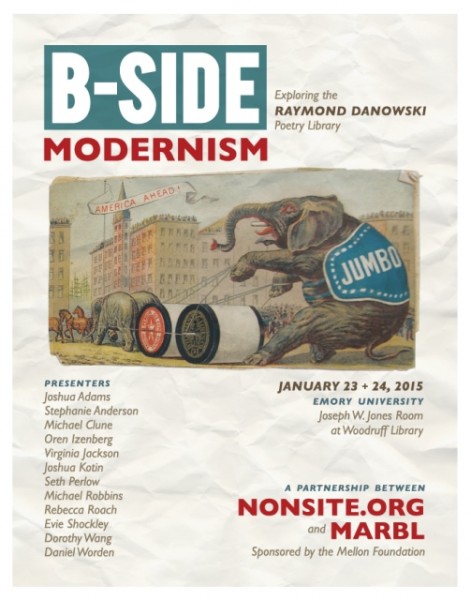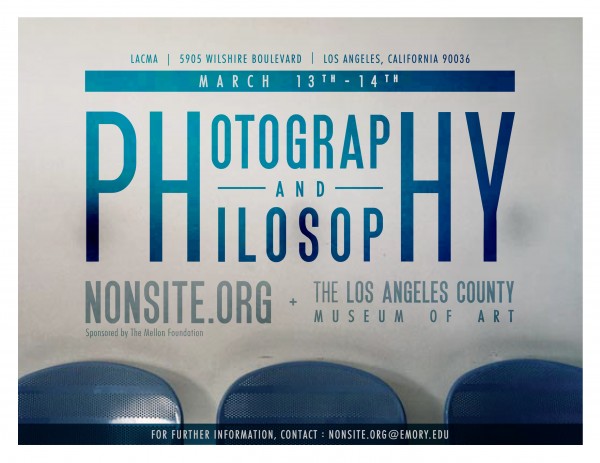
Chuy for Mayor
Most readers will know that Jesus “Chuy” Garcia, a longtime progressive and respected elected official, after deciding to enter the mayor’s race at the urging of Karen Lewis, the Chicago Teachers Union President whose illness prevented her from running herself, forced Rahm Emanuel into a runoff. Many of you no doubt also know that in a recent poll Chuy scored in a virtual dead heat with Rahm with the election a few days away, on April 7.







